International:
North America:
Menu
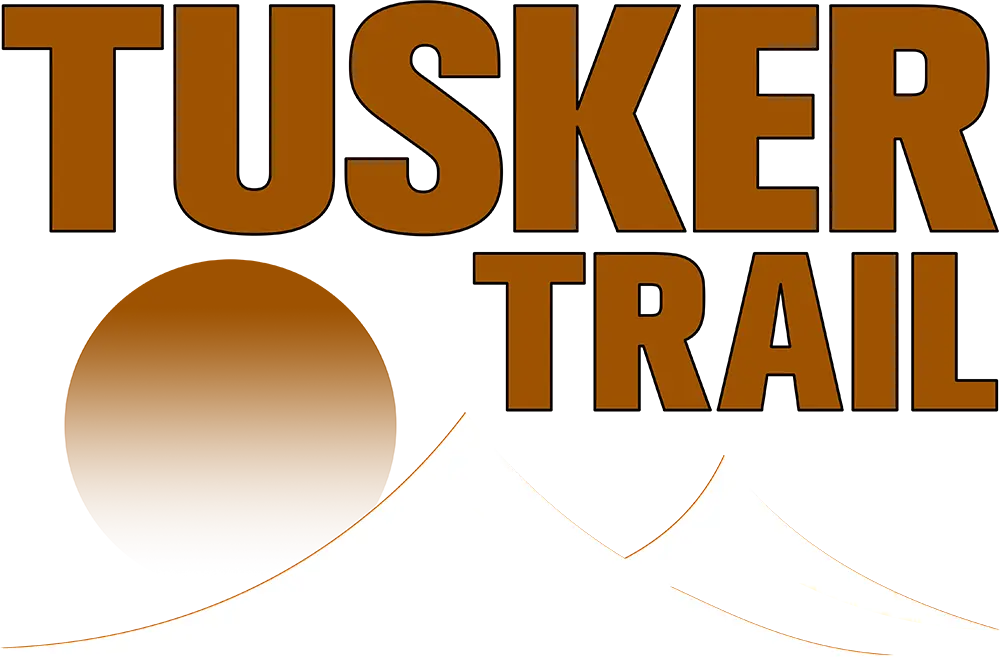
THE KINGS OF KILIMANJARO
International:
North America:
- Home
- Kilimanjaro Climb
- Kilimanjaro Planner
- Other Treks
- About Us
- Dates + Prices + Booking
- Contact
International:
North America:

THE KINGS OF KILIMANJARO
International:
While you’re preparing for your climb, keep this page handy and keep checking it as you get closer to your climb date to stay current on Kilimanjaro’s weather conditions.
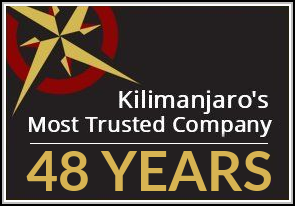
What’s The Weather Like On Kilimanjaro?
Live Summit Weather
Live Wind Patterns
Kilimanjaro’s Weather By Month
Climbing Kilimanjaro is always exciting, but some months present more challenges when it comes to the weather. Choosing the appropriate time to climb is just one of many factors to consider when planning your trip. Here’s some information to help you decide when to climb.
JANUARY & FEBRUARY
From January to March, the average temperature on Kilimanjaro is 78°F (25.6°C) and rainfall is low. While not the driest season it’s definitely dry enough for a very enjoyable climb. Plus, the cloudless skies make for amazing views.
THE RAIN IN APRIL
The rainiest part of the season begins in April when the temperature drops slightly. This is typically one of the least popular times to climb because the mud and wet rocks make climbing much more challenging. The upside is that there are far fewer people on the mountain.
MAY to AUGUST
May continues in April’s rainy footsteps, but it’s a little dryer. The average temperature will be around 72°F (22.2°C). As June approaches the temperature and minimal rain is ideal for climbing. In fact, July and August are the least drizzly months of the year on Kilimanjaro, making it perfect for photography and exploring the slopes. However, the nights are still a bit cold.
SEPTEMBER
September is an ideal month for climbing Kilimanjaro which makes this one of the busiest months on the mountain. The average temperature is around 71°F (21°C). It’s also the driest month which is another reason it’s a favorite month to climb.
OCTOBER, NOVEMBER, DECEMBER
Weather conditions during these months have a comfortable average temperature of 76°F (24.4°C) with rain slowly increasing in frequency with partly cloudy skies.


















































































The preferable time to climb Kilimanjaro is when you can expect lots of sunshine. This is ideal for spectacular views, great photography, and easier climbing. If you’re not sure or just have a question, just ask us. We’re happy to share our decades of Kilimanjaro climbing experience and give you some great advice.
As weather changes so should your clothing. Watch Eddie Frank’s video series on how to prepare for your climb, as he walks you through on how to pack and what to wear for each climate zone and change in the weather.
Tusker Trail provides weekly Kilimanjaro weather forecasts, as well as climbing tips from Eddie Frank’s 54 personal climbs.
Embark on a thrilling journey with Tusker’s live webcam stationed at Kilimanjaro’s very heart.
Witness the ever-changing weather conditions as KILICAM tirelessly captures and shares countless breathtaking images of majestic Mount Kilimanjaro, with a new snapshot every hour, immersing you in the awe-inspiring beauty of this iconic peak since 2004. Experience the wonder of Kilimanjaro like never before!
Kilimanjaro’s enigma is that it has snow covered peaks and exists in five separate climate/vegetation zones, each with its own unique weather condition. The seasons on Kilimanjaro are also reversed on Kilimanjaro compared to the northern hemisphere. For example, July is mid-winter in Tanzania. The seasons tend to blend together and are defined as the “wet” season and “dry” season. These two seasons help define the weather in Moshi and shape Kilimanjaro’s climate/vegetation zones.
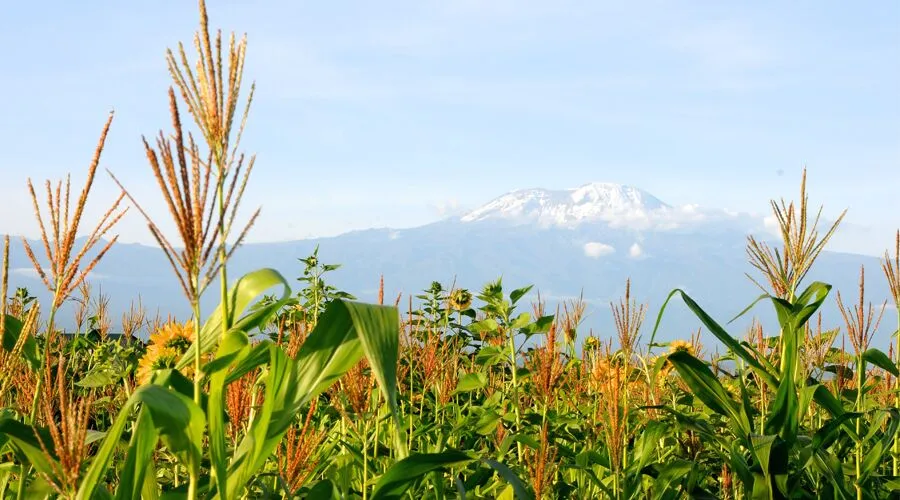
Cultivation Zone
Live Weather in Moshi
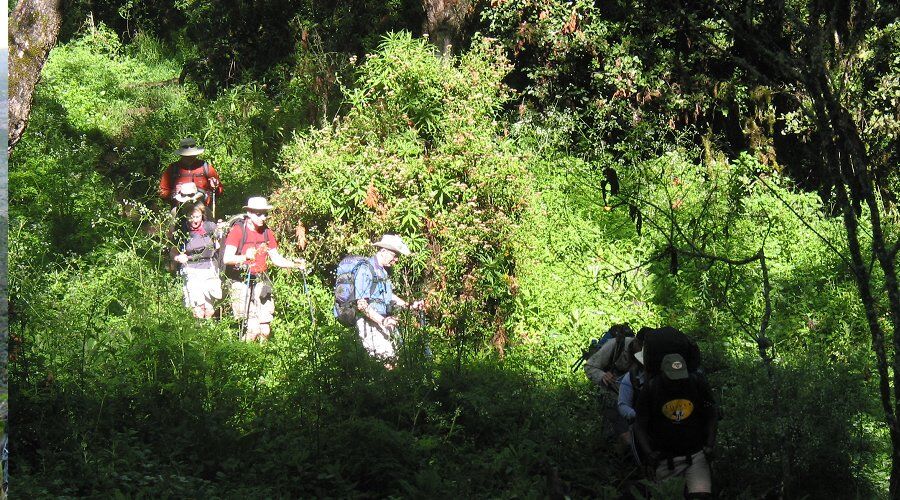
Rain Forest Zone
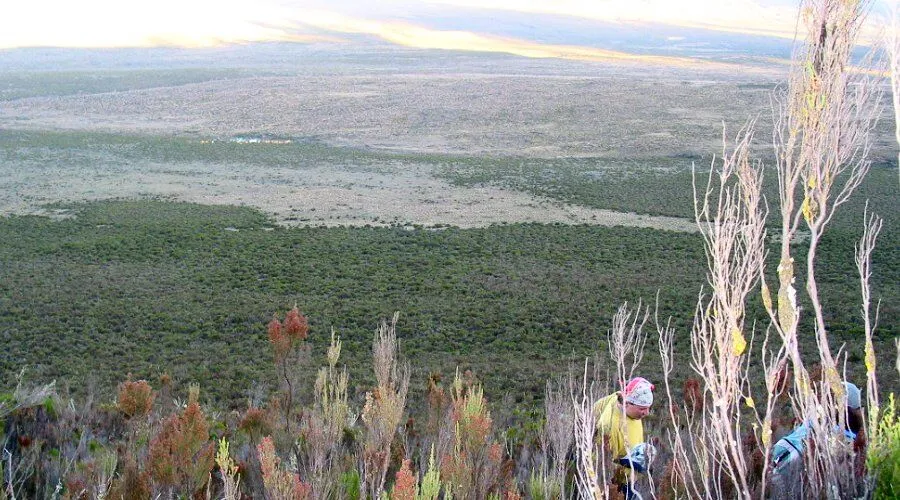
Heath/Moorland Zone
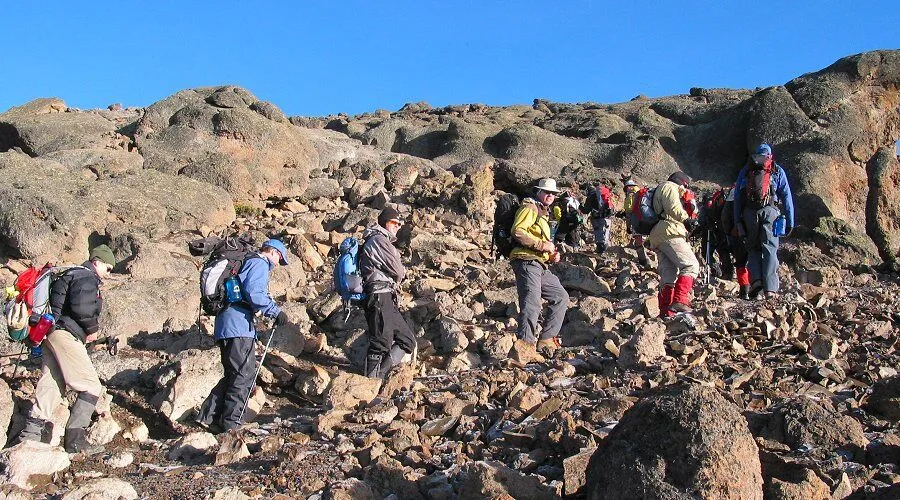
Alpine/High Desert Zone
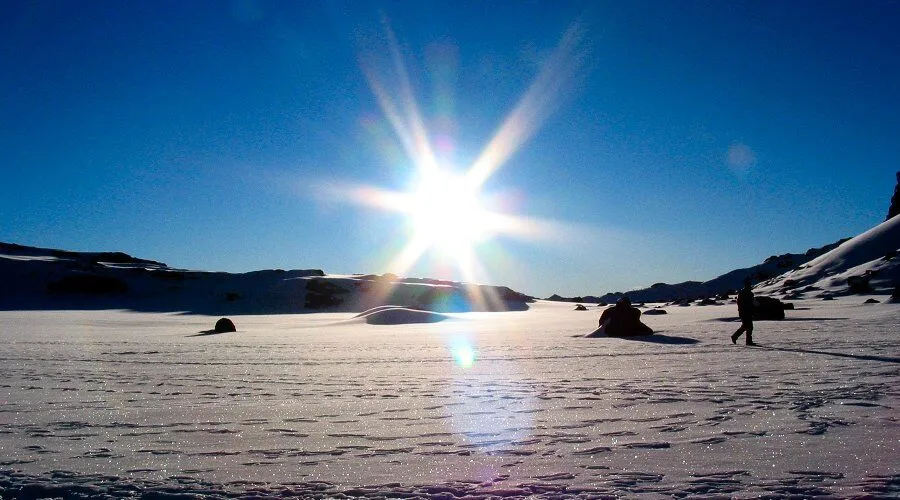
Arctic Zone
The old saying, “There is not bad weather, just bad gear,” is very true on Kilimanjaro. So before you start shopping for new gear you might only use once, give us a call. Tusker has a very wide array of premier climbing gear for rent, so you don’t need to spend thousands of dollars on equipment. Our rental gear is some of the best you’ll see on Kilimanjaro and personally selected, and purchased by founder Eddie Frank, based on his experience and rigorous standards.
Vegetation And Climate
Kilimanjaro’s five climate zones are also known as its five Vegetation Zones due to the varied types of plant life that are uniquely adapted to each zone. After decades of climbing through these zones, Tusker’s owners Eddie and Amy Frank always thought there was a need for a field guide to the flora of Kilimanjaro’s magnificent vegetation. So they created one. Teaming up with Swiss Biologist Thomas Rüegg, Eddie and Amy spent the next ten years cataloging and detailing the flora of Kilimanjaro’s five climate zones.
The result of that work is “The Flora of Kilimanjaro – A Field Guide”. An indispensable resource for your climb, it provides you with an intimate intimate knowledge of the world around you as you climb to Kilimanjaro’s summit.
We will provide you with your own signed copy before your climb.
A Life-Changing Adventure In Any Weather
We operate four routes based on their unique features and challenges in getting to the summit.
When scheduling our departure dates we always take the best weather into consideration.
Everything is designed around your comfort and rising to your challenge of a lifetime.
• Ask Us Anything
1.800.231.1919 (North America)
+1.775.833.9700 (International)